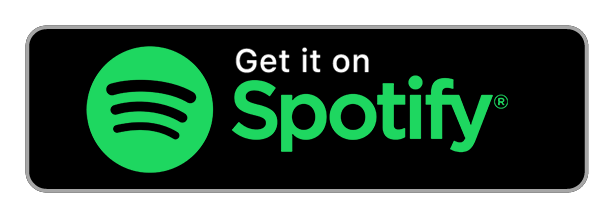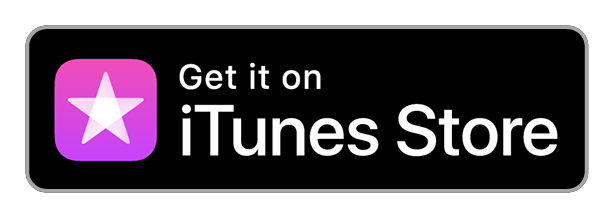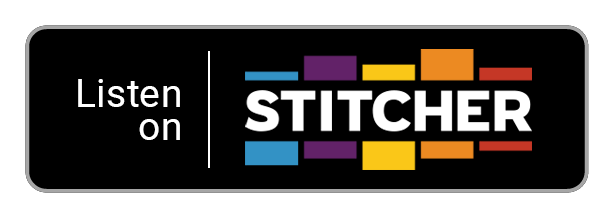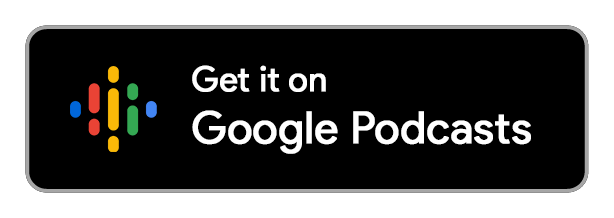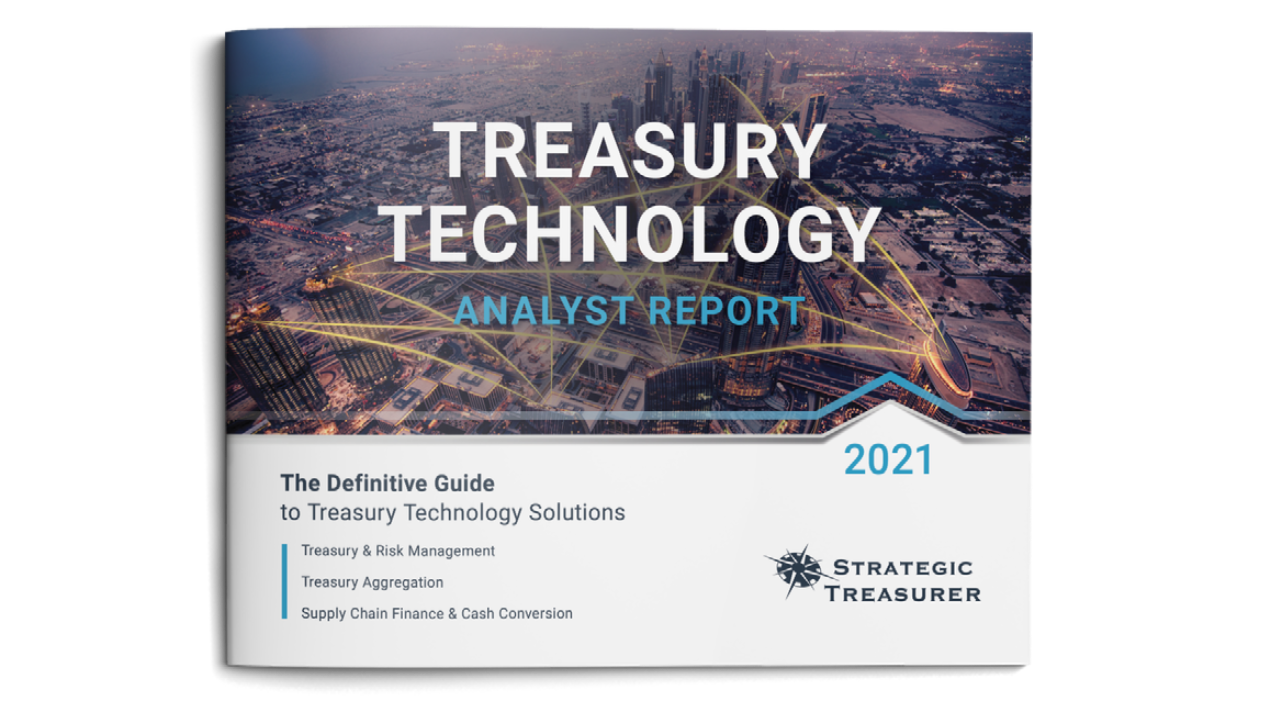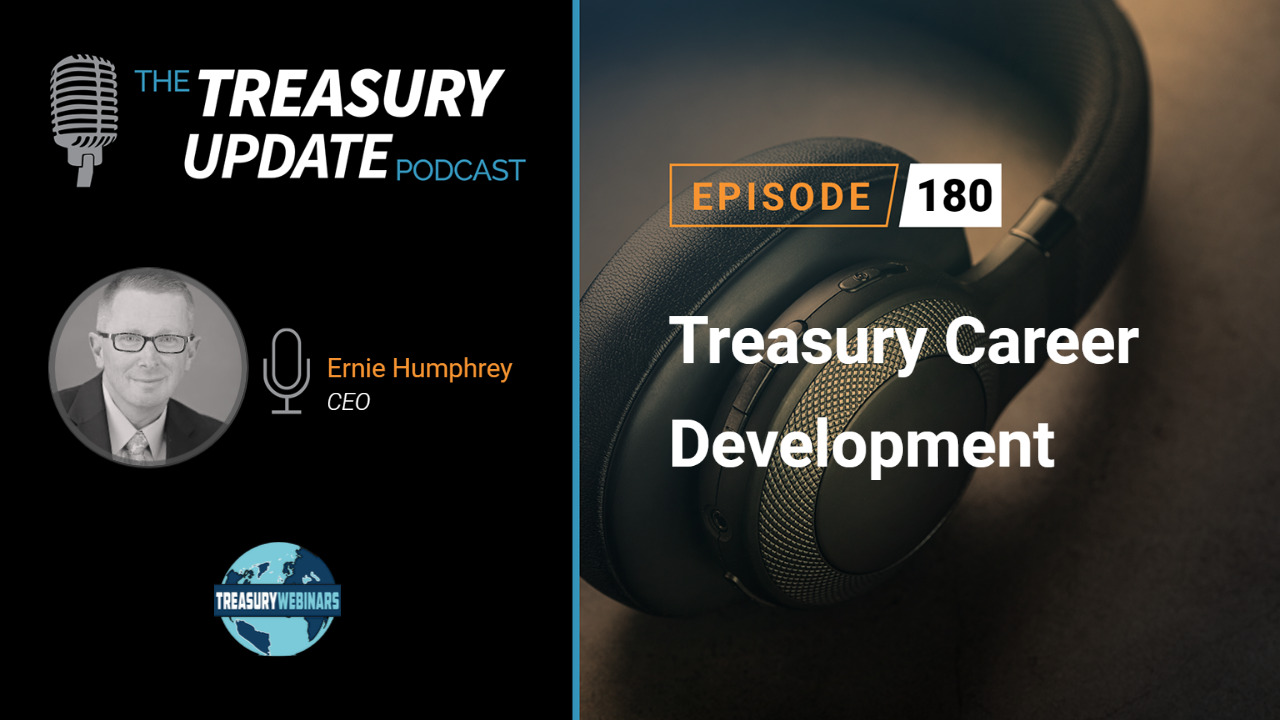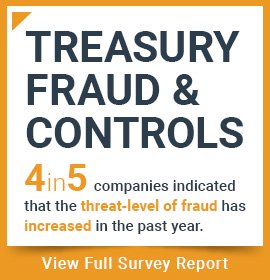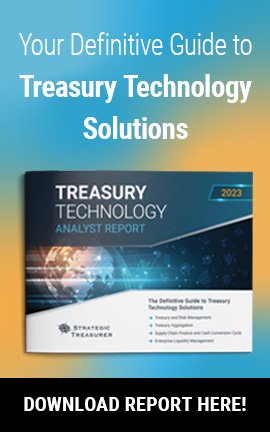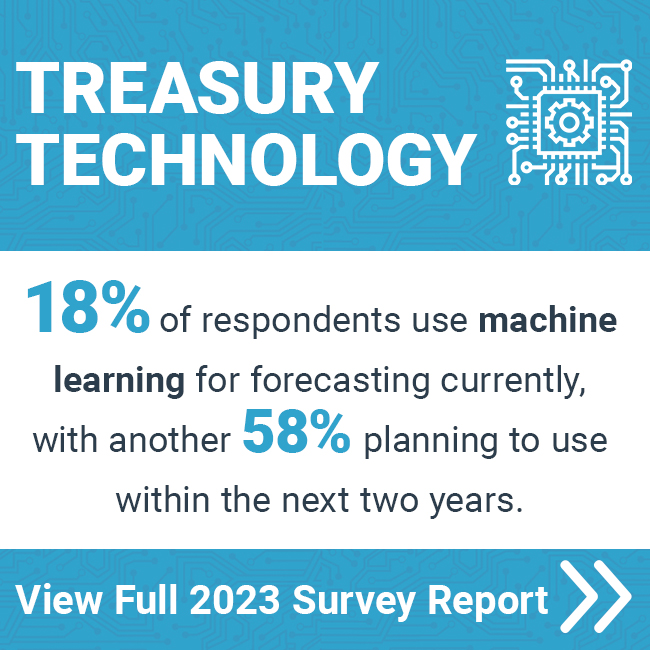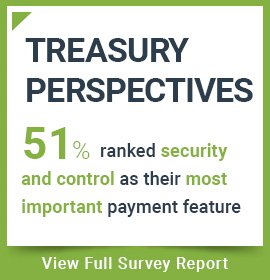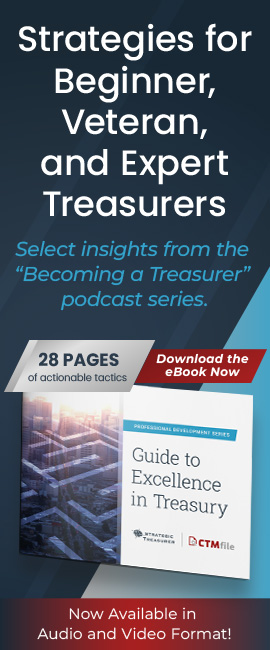
Episode 223
Maximizing Your ROI at a Treasury Conference
The AFP conference is right around the corner, and you may be planning out your week to be as effective as possible without spreading yourself too thin. Craig Jeffery of Strategic Treasurer and Ernie Humphrey of Treasury Webinars discuss some key points on maximizing your ROI for a conference, being ready to engage at all times, being authentic, and coming home with renewed enthusiasm in your career.
Host:
Craig Jeffery, Strategic Treasurer

Speaker:
Ernie Humphrey, Treasury Webinars
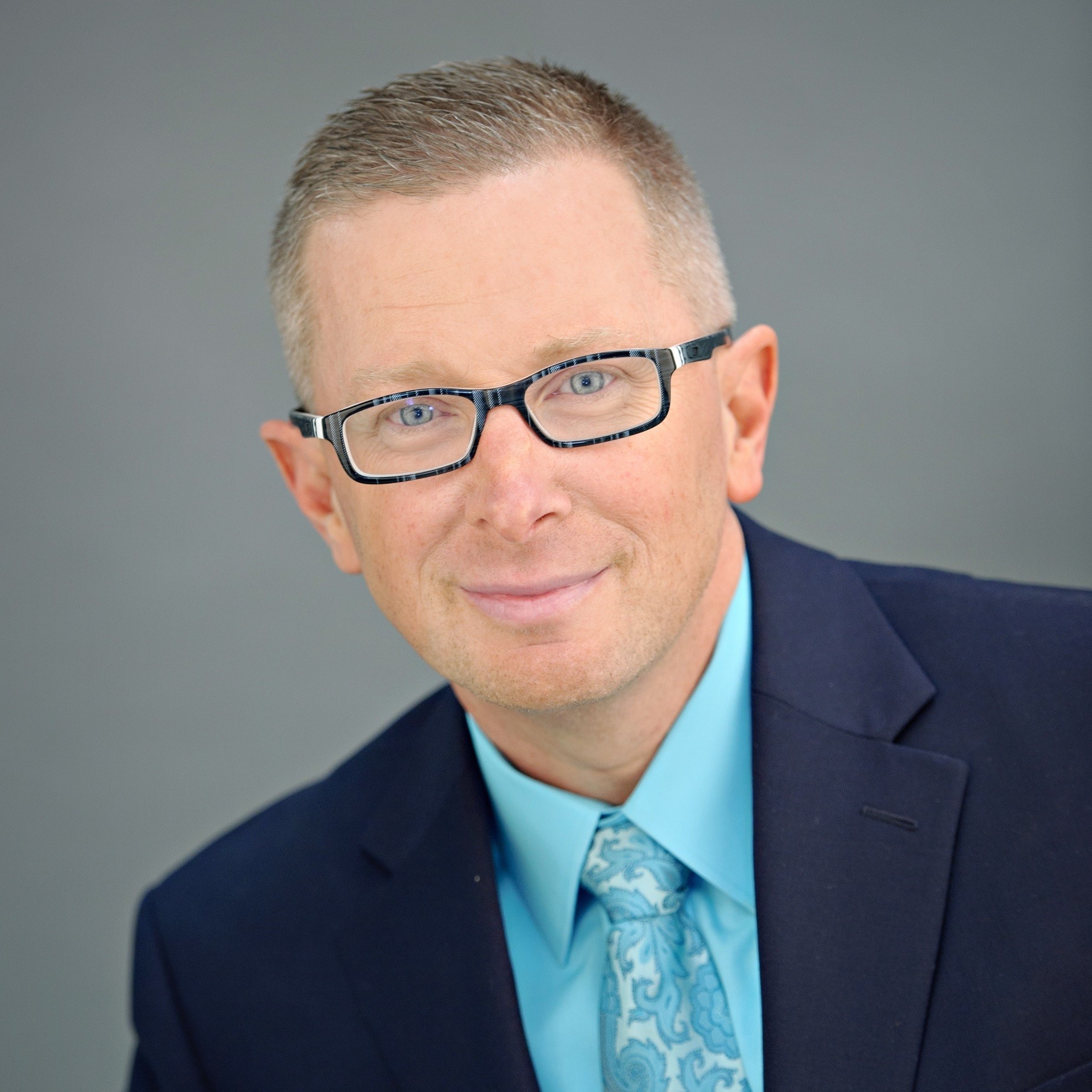
Episode Transcription - Episode #223 - Maximizing Your ROI at a Treasury Conference
Announcer 00:04
Welcome to the Treasury Update Podcast presented by Strategic Treasurer, your source for interesting treasury news, analysis, and insights in your car, at the gym or wherever you decide to tune it.
Craig Jeffery 00:19
Welcome to the Treasury Update Podcast. This is Craig Jeffery, your host for today’s podcast. I am joined again with Ernie Humphrey. Ernie has been on this podcast a number of times. I’ll let him introduce himself. He, he has a treasury webinars and he also does a number of other activities in the treasury space. Ernie, welcome to the Treasury Update Podcast again.
Ernie Humphrey 00:43
Thanks, Craig, always a pleasure and honored to be a guest today. As Craig mentioned, I’m the CEO of Treasury Webinars. My goal is to impact the career success of treasury professionals but also those across the office of the CFO, also heavy evangelists for a new endeavor called Generation Finance, which is a community for finance, accounting, and treasury professionals as well to help them focus on the soft skills in their career and also have opportunities to mentor and be mentored and give back to their professions.
Craig Jeffery 01:14
Thanks, Ernie. And we are in the fall in the United States. And there are a series of conferences coming up this fall and in the spring, and people are getting back together again, physically. And so today’s topic, maximizing your ROI of a conference, the return on investment of a conference is a big deal. People spend a lot of time to go to those things. It’s about seeing people but it’s also about getting value. We want to have a discussion about what do you do before a conference at a conference and after a conference? Maybe you could start at the maybe you can begin on the pretty side? What? What should you be doing to prepare? I guess it depends on your role. What what do you advise people, you’ve been to dozens of conferences, so I’d love to hear your thoughts.
Ernie Humphrey 01:59
I can go at it from a couple different angles. So one is from the attendee perspective, the practitioner perspective, and then maybe on the exhibitor side of things. So from attendee perspective, first of all, I believe the expectations are probably higher from your boss to get your approval to go to the conference. So So let’s make sure that you understand what your boss is expecting you to get back for the conference. And just for example, some of the conferences now have videos and tips, right things to do to prepare for a conference, you should obviously get your agenda set, right. So you want to make sure whatever area you’re trying to explore what are your objectives for going to the conference, right, and it’s not just getting recertification credits. Let’s go past that. Right, I want to learn about, I don’t know, AP automation, I want to learn about Treasury technology, I want to learn about eBay. And right, let’s focus in on those sessions. So let’s make time to get that knowledge. But also, let’s make time to network, because you need to build your brand with your peers. So let’s take a look at the events that are going on. Let’s take a look at the our partner events going on. But then let’s also make sure that we take time to go to the exhibit hall as well. So let’s take a look at those vendor lists. And let’s plan that out. And let’s make some time to go around to those vendors. And if you have specific needs, please make an appointment with your people are happy to make an appointment with you. That’s going to be your value add there. It’s busy in the exhibit hall. So I guess all that same said, have your objectives for the conference, right? line out what you want to do, and then measure yourself to that. So one of my suggestions is, hey, I want to make 20 New LinkedIn connections, right? Or I want to meet this many people, those are things that you need to put down on paper, I went to this session, boom, what happened in the session? So I would say, be prepared. I think that’s the biggest thing before you go.
Craig Jeffery 03:57
Some great ideas, Ernie. You know, one thing that is you were talking about that I also thought about if you go to sessions, you learn certain things. It doesn’t just stay in your head. And you know, the medical profession does something called in service. And someone goes to do training, they’ve got to come back and provide if they go for a day of training, they’ve got to come back and do an hour course summarizing the key things they learned to others. I’m sure you think that’s a good idea. But I’m just wondering, how does somebody make that happen, whether you’re the one going or you’re the boss signing off, and the approval for the spend.
Ernie Humphrey 04:30
Now, just given the technology, when you go to a session, right, you might have your iPad, you know, just so you can get some notes in that electronic format. The other thing to do is to make sure that you get a copy of the slides right from the presentation. And so that will easily easily refresh your memory. It just depends on how quickly you have to do it after the conference is over. But I would definitely take and take some time to make a few notes that you have electronically, say if they have nothing else jog your memory, or you can just say, review slide 20 like 23, like, you know, slide 24, just don’t just don’t wait to get home, right? And then try and remember all the good things. So I think you have to do it as you go along. So one of the things I suggest is, you’re going into day one, these are my goals after day one, see, if you met your goals do I have to revise my strategy at all right. And part of that day one should be did I spend enough time getting in my mind recapping and recapping things and getting down the things that I wanted to remember a Navy, I want to reach out to the speaker, maybe I want to reach out to the company. So those are things I would say I know it’s hard. If you’re going to go to a session, you got to be attentive, right? You can’t be distracted, you have to really be present. So don’t overload yourself. If you can’t go to eight sessions a day and be there be present get impacted, you’re gonna lose the ROI. So it depends. To me, it’s your personality, and what you need to do, but I wouldn’t I’d caution people from overloading themselves with too many sessions with too many different topics.
Craig Jeffery 06:08
That’s a good advice. But I guess the other side is, you’re going to if you’re going to sessions, you also go to events, which might be more of a relaxing, or entertaining venue. But what about the exhibit hall? Let’s say you have certain things you want to find out, you’re gonna go visit these two bankers, because you got an upcoming credit renewal, and then you’re looking at certain types of tech, what should be your strategy, your plan on the exhibit hall, get in and get out or visit more broadly? How would you advise people on that?
Ernie Humphrey 06:39
The good news is now you can you can get a map of the exhibit hall, right, you can spend 20 minutes in that place trying to find your place you want to find. So you should target people that you want to see. So most of the exhibit hall, they have classifications by the services that they offer. So I would go and identify the people I might want to talk to, and then see where they’re at, in the exhibit hall floor. So so make sure that you know where you’re going, right, have a purpose. But also set aside some time, okay, this hour is exhibit hall time. And if you get overloaded unsession, a good time to go in the exhibit hall is during a group of sessions because nobody else is in there. So if you go only during the breaks, it’s hard to even get up to the booth or people are just going to be trying to badge scan you. So I would say have have a strategy. But then like you said, if you want to meet with your bankers, set that meeting up before the conference, don’t expect that you’ll be able to go up there and try and have a conversation. Or maybe you’re like, hey, my company, you know, needs money, I want to talk to you, right? That’s not gonna work at the conference, probably. I mean, they’ll probably love it. But you need to be prepared for the type of conversation that you want to have.
Craig Jeffery 07:52
That’s great. So what what should exhibitors do companies like so we exhibit we have like at the AFP, we have a 20 by 40 booth. So it’s like eight squares worth it’s, it’s huge. We have a lot of people there. What do you advise exhibitors to do at these things ahead of time, or during the event. At the conference this year, the AFP, we have to have events that are outside of the formal times of education at the conference, which makes sense, right, so you’re not siphoning off people. So we have, we have some events pre conference going on. And then during the conference, we have some breakfast sessions before the conference starts. We have a lunch session on Monday and Tuesday. And then we have evening events, which are more entertainment or party related. We have eight events, Ernie, we have never had eight events, we have a separate room above the floor. Maybe it’s too early to ask you. But is that is that too many events to have? How can we make sure it’s we have the most success across all these events from from interviews that are the FinTech hot seats, to lunch, where it’s sharing and, and asking information to some targeted, really going into some depth on some of our programs that we have.
Ernie Humphrey 08:12
Ahead of time, I encourage folks to really work the list that they have in don’t just try and send an invite to everybody to come to everything right? segment that list, give them more than one opportunity to visit your booth or go to your event. give them options of things that are entertaining, and then encourage your team to make connections before the event. If you want people to come by your booth, make LinkedIn connections with them. If you don’t have it, right, reach out to them build that relationship before maybe even send them a resource before. Hey, this is a blog. This is a webinar come by our booth. Right. So I call that pre conference momentum. Now, the in person part is companies need to invest in training their people to be in an exhibit booth, because most people don’t want to be there. They don’t look engaged. They don’t have a purpose. They want a badge scan. So anyone that’s not on their game attentive, people need to be writing down something from every conversation, every conversation you have should have an outreach that can be personalized afterwards. You get a long line at your booth. So what don’t just start scanning everybody’s badge. Teach your people how to read the badge. The badge banners, right? Oh, you’re taking on a session. So it seems like common sense but teach people how to read don’t have people go out and start accosting people, you know from the exhibit hall floor. We have all seen that before. So a lot of it you have to get people that have energy, not everyone’s Ernie, but you need to have people there that have passion and energy and if someone looks tired, take them just say oh, you need a break, right because the last thing you want for me as a practitioner when I went by a booth and someone’s on their iPad or something I wasn’t going back. Also, the exhibitors should attend all the meals at the conference and sit at a table where they don’t know anybody, right? That’s eight people a meal, if they can send them to sessions relevant to you, before the session and after the session, because that’s where you make those connections and just be ready to engage at all times, don’t walk around with your head down and walk around with your head up, smile at somebody, do something, engage people you have to be on all the time, you have to be authentic, and do something different in your exhibit booth and have multiple things going on. And then afterwards, right, you need to have that personalized follow up. And again, if you haven’t done it before, also, you should build LinkedIn connections on the spot. Am I connectred with you on LinkedIn? No, well, let’s do that right now. That’ll spurn is where business cards No, no, LinkedIn right now. So those are a few things. At first blush, the answer is do you have too many events? The answer is yes. Actually, I hope you don’t. You can get ROI from eight events. Right. That’s awesome. But I think it’s about obviously honing in on what is success for each event. Right? How many people do I need to get there? What are their titles? What is it that I’m trying to accomplish? At each event? What’s the target? Inviting the same group of people to all eight events? I don’t think I know, I know, you know better but I’m just talking to other people. That to me, you have to have eight distinct, like personas or things that you’re trying to accomplish. But then you don’t want people to get event fatigue, right? We love Craig to death. But do I really want to go to eight events, by Strategic Treasure, I can probably do six, but not a maybe six, you know, so that’s kind of another another thing. But measuring success is that and then probably giving one person ownership, a different person for each event and that accountability, if that’s possible. And so I think that would be something that would be interesting, because the person would, you know, feel ownership of that. And so that’s an idea that I would have.
Craig Jeffery 12:00
That’s good, the most we’ve done before is five. And so we we stepped it up a little bit more. And we’ll see if we, if we overextend it or not real, real good information. We have partners for a number of the events. So it’s, yeah, I’m hoping I’m hoping that goes well. But I’m, we’re several weeks out and I’m starting to feel the pressure to so I’ll report back to you to see if how much we overextended ourselves on that.
Ernie Humphrey 13:32
One of the other things, which you know, but some people don’t think about, you have to look at what other events are going on at night, right? In the conference. We all know, at the conference coming up in October, you don’t want to do a same event as one of those exhibitors does, because everybody goes to that event. It just happens every year. So you also have to kind of look at what you’re bumping up against that happens like every year try and I don’t know what you do to me you avoid that night. So that’s something people need to think about too.
Craig Jeffery 14:03
Maybe that’s late Tuesday night. Excellent. So anything anything post event that as a an attender, they got to do their in service, or they got to present some information report back so they can go other years, make sure that the organization is realizing all the benefit they can from their investment of time and money, anything else for them or for the exhibitors?
Ernie Humphrey 14:26
I think with the attendees, what would happen to me is, I’d be all excited about all this stuff I wanted to do. And then I lose my momentum once the plane landed, right. So you have to make sure that you set time aside to revisit what you wanted to do. So write down like as a conference, I want to do this this and hold yourself accountable for it. Because as soon as you get back into the throw of work and your inbox is flooded, you lose that moment and you actually have a renewed passion for learning and your professional development. So find a way to keep those those irons hot. I would say from the exhibitor perspective, more so for banks and Treasury service providers that are going direct to their practitioners. Don’t just say, you are an AFP, let’s do a demo. I can’t stand that. So I think people need to invest in that relationship, or in the demo, or mention a conversation. So something like, Hey, I enjoyed our conversation. We have a webinar recording on this, we’ve got a white paper on this. Is there anything else you’d like to know I enjoyed our conversation posts on the Hey, you said you’re interested in learning more about treasury technology? Hey, did you see this. So make that warm? Again, everyone, um, too much LinkedIn. But everyone that you have in your little list that comes back, you should be the person that spoke with them should be a direct LinkedIn connection with them. So build that, and then have something to send them to do the ideal thing is, oh, we have a webinar coming up on now, here’s a here is a crazy idea. How about you say, Oh, I know this webinar, I actually do this. So I’ve meet people, and I’m like, hey, this, you should you should go to Strategic Treasurer, they have this great survey results. And you do, but it’s not mine. So they’re like, Wow, that’s pretty cool. You know, he’s not selling me his stuff. He’s trying to build a relationship with me. So people that are responsible for follow up, make sure they have an exact plan of what they want to do and why and what’s the desired action?
Craig Jeffery 14:29
Well, you’re you’re very kind and generous in doing that. So I really appreciate that. Ernie, thanks. Thanks for your comments about maximizing your ROI of a conference. I don’t think I don’t think many of us think about that as much as we as we should. It’s a significant investment. You’ve given us a lot of great ideas. Thanks. Thanks again.
Ernie Humphrey 16:50
My pleasure, as always.
Announcer 16:55
You’ve reached the end of another episode of the Treasury Update Podcast. Be sure to follow Strategic Treasurer on LinkedIn. Just search for Strategic Treasurer. This podcast is provided for informational purposes only, and statements made by Strategic Treasurer LLC on this podcast are not intended as legal, business, consulting, or tax advice. For more information, visit and bookmark StrategicTreasurer.com.
Subscribe to the Treasury Update Podcast on your favorite app!
Related Resources
Treasury Technology Analyst Report
Researching new treasury and finance technology can be overwhelming. Strategic Treasurer has stepped in to help. Explore our definitive guide to the treasury technology landscape and discover detailed, data-based coverage of treasury technologies.
Treasury Career Development
Host Craig Jeffery catches up with Ernie Humphrey, CEO of Treasury Webinars, on the importance of career development and brand management. They discuss the foundation of a successful job search, how to merge and build a personal and professional brand in today’s virtual environment, and how to create winning relationships in a changing world to make a positive impact. Listen in to this lively conversation to learn more.

